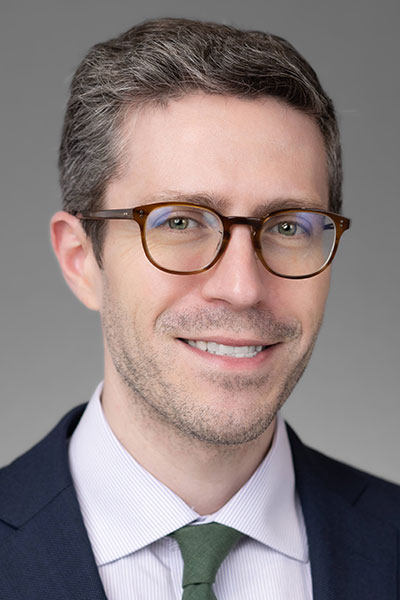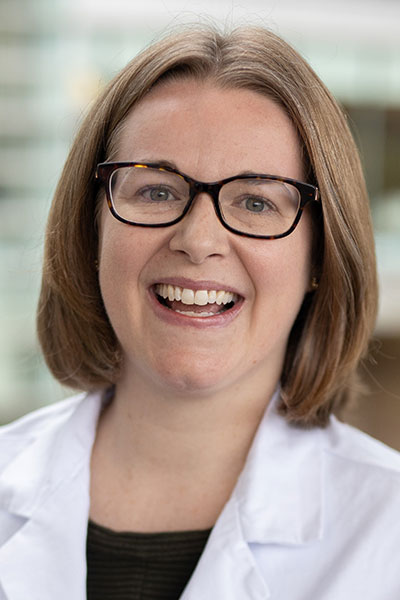Presentation: Hazards and Opportunities

Andrew Hantel, MD
Assistant Professor of Medicine,
Dana-Farber Cancer Institute and Harvard Medical School
What is your presentation about?
This presentation discusses the hazards and opportunities related to the use of artificial intelligence (AI) in clinic. I approach this from my lens as a medical oncologist and as a bioethicist who studies the ethics of cancer care delivery. I discuss the existing hazards and opportunities that AI touches on (data ownership, privacy and security, and patient safety, clinical responsibility and accountability, biases, and oligopoly) as well as novel hazards and opportunities that AI introduces (artificial empathy and dignity, hallucinations and deep fakes, inexplicability, environmental impact, and digital twins).
How do you hope your presentation will impact breast cancer research, care, or advocacy?
I hope that it will give clinicians, researchers, and advocates a better understanding of the ways in which AI could ethically or unethically advance breast cancer care. This will allow them to recognize and ask about such issues when and as they enter their area of expertise.
How did you get involved in this particular area of breast cancer research, care, or advocacy?
As a medical oncologist and ethicist I am interested in novel issues related to cancer care delivery and AI provides new opportunities and moral hazards that need to be considered prior to and during its implementation.
Presentation: Digital Tools for Clinical Practice

Emily Ray, MD, MPH
Associate Professor,
University of North Carolina at Chapel Hill
What is your presentation about?
My presentation is about how oncology clinicians can incorporate digital tools, including artificial intelligence, into their care of patients with cancer. There are numerous existing tools and will likely be an explosion of new tools in the next decade. I will challenge the audience to think about how these tools could transform cancer care, noting their potential as well as their many challenges and limitations.
How do you hope your presentation will impact breast cancer research, care, or advocacy?
I hope my presentation will spark curiosity about incorporating digital tools in the clinic and will challenge clinicians, patients, caregivers, and administrators to reflect on the role of healthcare providers. We need input of these key partners to ensure that new technologies enhance and not detract from clinical care. There are tremendous research opportunities to study how we implement new technologies and evaluate their impact on patients, caregivers, oncology clinicians, and health systems.
How did you get involved in this particular area of breast cancer research, care, or advocacy?
I am a medical oncologist specializing in breast cancer, and I conduct research to develop and implement risk stratification tools to enhance cancer care delivery. I have expertise in the use of electronic health record-derived data to develop and implement new tools. I know what it’s like to try to take care of a full clinic of sick patients and the administrative burdens that are associated with the practice of medicine in 2024. I also see how new digital technologies can either detract from or enhance care, and I aim to leverage my clinical and research experience to advocate for using new tools in a way that benefits oncologists and, most importantly, the patients whom they serve.
Access the 2024 SABCS® virtual platform
Watch any sessions you’ve missed and stay connected with fellow attendees in the online platform of the 2024 San Antonio Breast Cancer Symposium®. Recordings of sessions will be available on demand for registered 2024 SABCS® participants until March 31, 2025.

